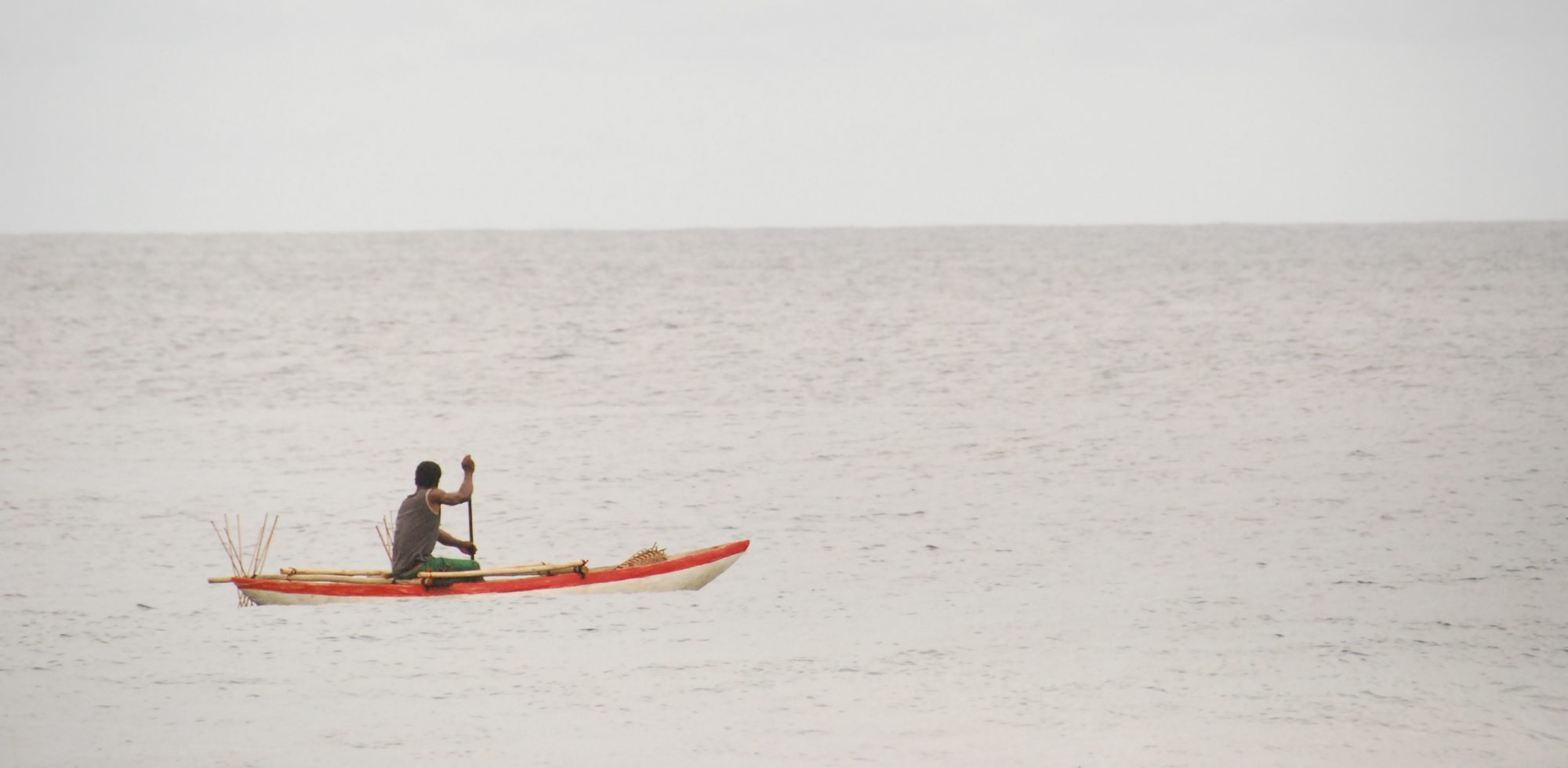On September 16, 2016, Harri Englund, Professor in Social Anthropology (University of Cambridge), gave a talk titled “Censorship in Finland: Beyond Parrhȇsia in Public-Service Broadcasting” in our visiting research seminar.
Abstract:The concept of parrhȇsia has its origins in ancient Greece, but it has made an appearance in recent anthropological writing largely through the works of Michel Foucault. As frank speech that makes courage a feature of truth-telling, parrhȇsia has drawn anthropologists’ attention to satire as a political discourse in Northern democracies. But does this concept equip us to describe those modalities of free speech that are based on the professional ethics of public service? This paper explores controversies around the so-called migrant crisis in 2015 as it appeared on the airwaves of Kansanradio (The People’s Radio), a weekly participatory programme of the Finnish public broadcaster. Ethnographic and linguistic analysis reveals editors’ evolving recognition that the need to be heard, rather than simple bigotry, drove many of the contributions they abhorred. This recognition of neediness among their elderly public renewed the public broadcasters’ commitment to a modality of free speech in which dialogue rather than parrhȇsia is paramount.
